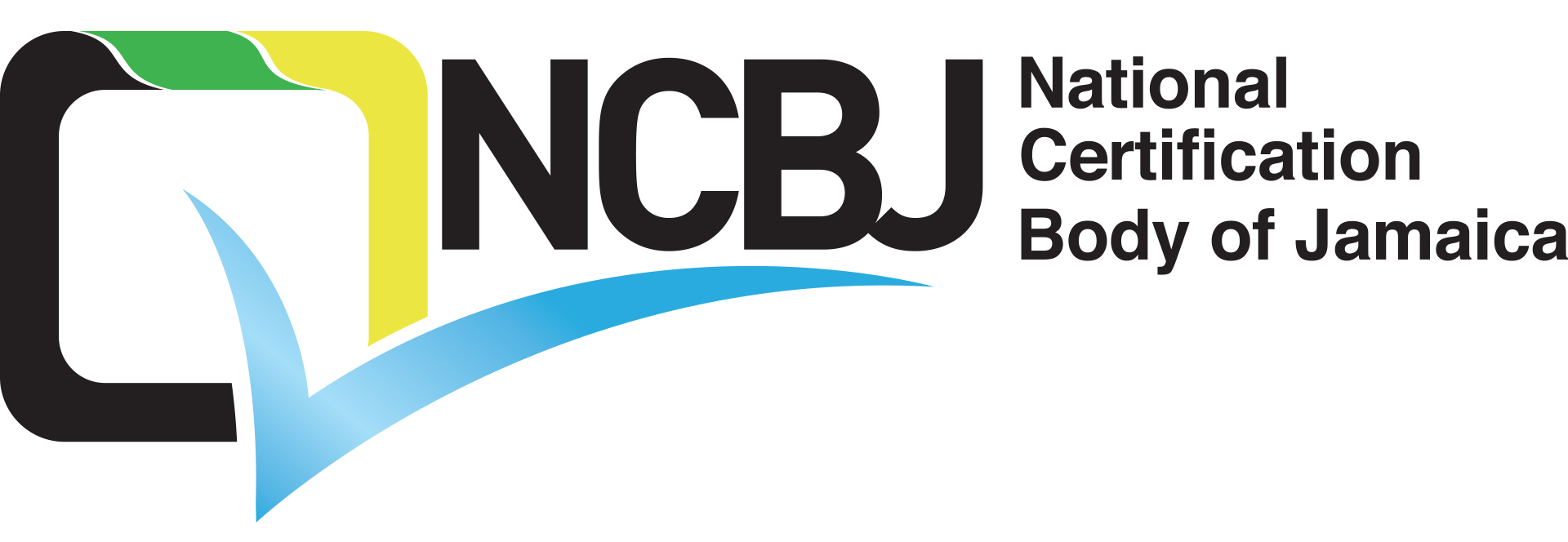National Certification Body of Jamaica
Organic Certification Programme
As a response to the local industry’s needs the Bureau of Standards Jamaica (BSJ) has developed the Organic Certification Programme. The programme will be administered by the National Certification Body of Jamaica (NCBJ), an independent unit of the BSJ.
The NCBJ is committed to working with organic producers dedicated to providing consumers with certified organic products. Producers will ensure organic integrity of production throughout the entire chain of custody. The NCBJ takes pride in providing reliable, efficient and cost effective certification services to its customers.
The Organic Certification Programme is voluntary certification programme that offers recognition that the integrity of production throughout the entire chain of custody is maintained. Organic Certification allows a farm or processing facility to sell, label, and represent their products as organic.
Benefits of the programme:
· Consumers will be able to identify an organic certified product
· Consumer demand for organic products will fetch premium price in the market place
· Access to fast growing local, regional and international (in the long run) markets
· Through certification farmers, guaranteeing consumer satisfaction on a continuous basis will be able to maintain and increase market share provides for product differentiation
· Protects consumers from fraud
· Boosts consumer confidence
· Assures organic integrity throughout the process
The Organic Certification Programme will cover the following:
-
Crop Production
-
Livestock Production
-
Beekeeping
-
Aquaculture
-
Processing & Handling
-
Wild Harvest
-
Grower Group
-
Textile Fibre
Steps to Organic Certification (for applicants)
STEP 1: Develop an organic system plan. The organic system plan is the foundation of the organic certification process. Created by the producer or handler seeking certification, it details how an operation will comply with the standard based on its unique characteristics.
While plans differ based on operation type and needs, they address all practices of the farming or handling systems, such as tilling, grazing, harvesting, storing and transporting. They also specify approved substances used during the growing or handling process, monitoring practices for organic systems, recordkeeping systems, and barriers that prevent commingling with nonorganic products or contact with prohibited substances.
STEP 2: Implement the organic system plan. It will be reviewed by a certifying agent. These Certifying agents are responsible for ensuring that organic products meet the organic standard.
STEP 3: Receive inspection. Every operation that applies for organic certification is first inspected on site by a certifying agent. These comprehensive top-to-bottom inspections differ in scope depending on the farm or facility.
For example, for crops they include inspection of fields, soil conditions, crop health, approaches to management of weeds and other crop pests, water systems, storage areas and equipment. For livestock, they include inspection of feed production and purchase records, feed rations, animal living conditions, preventative health management practices (e.g., vaccinations), health records, and the number and condition of animals present on the farm. At a handling or processing facility, an inspector evaluates the receiving, processing, and storage areas used for organic ingredients and finished products.
STEP 4: Receive a decision from the certifier. If an operation complies with the rules, the certifying agent issues an organic certificate listing products that can be sold as organic from that operation. The organic farm or facility continues to update its plan as it modifies its practices, and an inspection is done at least once a year to maintain certification.
Entry requirements for the programme:
1. Must be a legal entity
2. Provide evidence of the organic practices according to the Jamaican Standard Code of Practice for Organic Production JCP CRCP 09:2014
3. Be listed with the National Farmers Registration Programme


